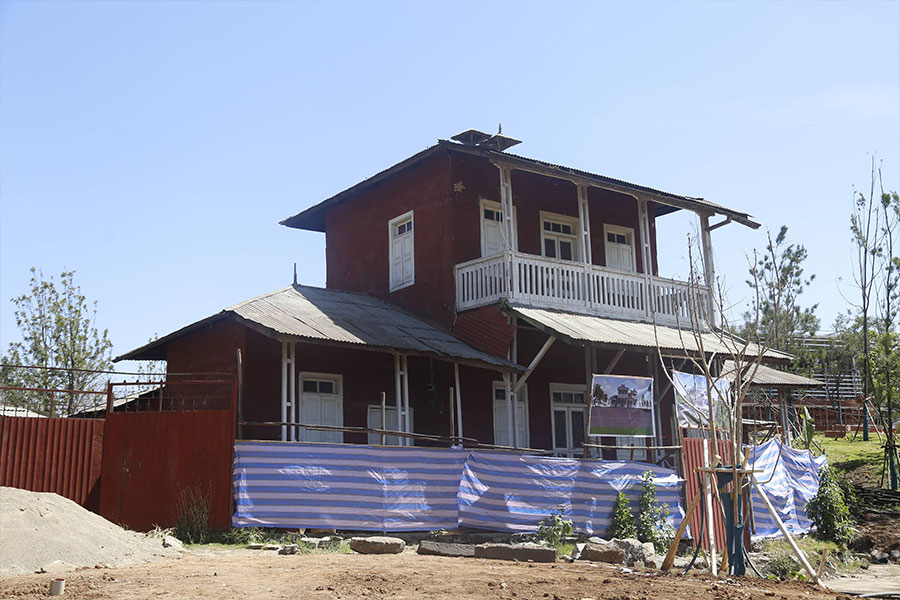
Fortune News | Jan 29,2022
The visit I made to the Addis Abeba Zoo, aka Anbessa Gebi, in Amist Kilo as a child is one of the most memorable events of my life. It was meant as a treat from my uncle to my sister and me. But it did not turn out to be a pleasant experience.
It was horrifying to see how unhealthy, unhappy, and out of place the animals looked at the Zoo. It did not invoke a sense of wonder but horror. As I got older, I thought I would outgrow the feeling and see the importance of zoos, but it only intensified. This is no wonder, considering the well-documented negative effects of zoos on animals and wildlife.
One new zoo, dubbed Andinet, Amharic word for unity, has recently been opened inside Unity Park. The government would like us to see the beauty and importance of bringing what will eventually be 198 animals, of 35 different species, to the Park where they can be seen and appreciated. The reality is far from that. This is an injustice to the wildlife of Ethiopia.
The costs of maintaining a zoo is not an easy financial burden, especially for a country like Ethiopia. This exposes the animals to degradation. It is hard to forget the outrage the National Zoo faced after photos of emaciated and skeletal lions became public. This is not to mention the horrifying news that the Zoo poisoned lion cubs to cut costs in the mid-2000s. This is even more unfortunate when we account for the rarity of Ethiopian lions, calledpanthera leo abyssinica.
While we are planning for bigger, more “attractive” zoos, do we consider how this will negatively affect our wildlife heritage? Are we importing yet another Western idea without considering its moral and ethical implications? Are there conservation needs that require our attention instead of fawning over the opening of a new zoo?
Promoting zoos is the propagation of a businesses that generates money from the coercive confinement of living beings for the sake of human amusement. It also takes attention away from the existential challenges which face our wildlife heritage.
Such initiatives are an insult to Ethiopia's wildlife heritage which has to deal with problems such as poaching and smuggling. Ethiopia's lion cubs are especially vulnerable and are often taken out of the country to be sold as exotic pets.
At least four cheetah cubs are smuggled out of the country every month, mainly to Middle Eastern countries, according to Daniel Pawlos, director of Ethiopia’s Wildlife Conservation Authority, a government institution on the forefront of the fight to protect our wildlife heritage.
Safeguarding the wildlife parks, preventing poachers from taking advantage of loose policies and enhancing security must be a higher priority for federal agencies. In promoting zoos, we foster the propagation of a business that generates money from the confinement of living beings for the sake of human amusement.
Individuals and institutions that work in wildlife protection often assert that Ethiopia’s national parks are at risk of neglect.
While some see benefits to letting urbanites enjoy some of the unique elements the wildlife affords, there are responsible ways of making that happen.
Promoting zoos is the propagation of a businesses that generates money from the coercive confinement of living beings for the sake of human amusement. It also takes attention away from the existential challenges which face our wildlife heritage.
Take for instance Born Free, a nonprofit organisation that works on the rehabilitation of wild animals that have been harmed by poaching. Working closely with Ethiopia’s Wildlife Conservation Authority, it runs a wildlife rescue, conservation and education centre that takes in wild animals confiscated from the illegal wildlife trade or found orphaned or injured.
This British initiative has centres in places such as Menagesha Forest, where visitors are welcome. Guests can respectfully view the animals that are being rehabilitated. The idea is that animals are given ample space and time to heal from trauma. Depending on the time, visitors may see very few animals. It all depends on the habits of the creatures.
This type of freedom is crucial when dealing with wild animals and nature. On such visits, young children can learn much more about the behavior of animals and the dignity they deserve. It is crucial that we know from childhood that we are a part of the sum that makes up this earth. Not everything is meant to bend to our will.
This is not just a matter of ethics. There is also money to be made by preserving and supporting our national parks.
“While wildlife and biodiversity are increasingly threatened by habitat loss, poaching, and a lack of funding for protection … nature-based tourism is on the rise and could help provide solutions for these issues,” states the World Bank.
Protecting and supporting national parks contributes to the growth of our country. The global tourism industry is worth 7.6 trillion dollars annually and supports over a quarter of a billion jobs. The way to take advantage of this opportunity is preserving our wildlife heritage, not confining animals in zoos.
We must act with the integrity this world deserves. Our selfish endeavours will be detrimental to our country and the world.
In this new age, where the preservation of our ecosystem has become a matter of ensuring our existence, we can only hope that our government can follow suit. It should not be regressing towards building confinements for wild animals that are meant to stay in nature.
PUBLISHED ON
Mar 14,2020 [ VOL
20 , NO
1037]


Fortune News | Jan 29,2022
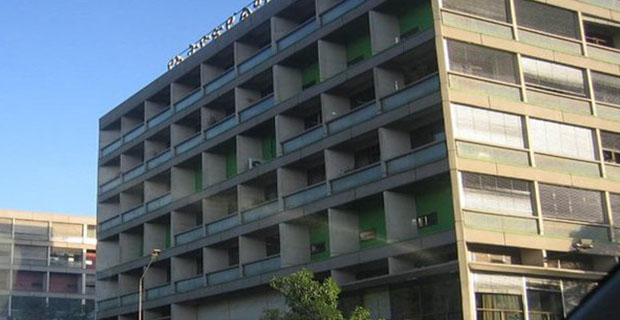
Fortune News | May 18,2019

Radar | Nov 30,2019
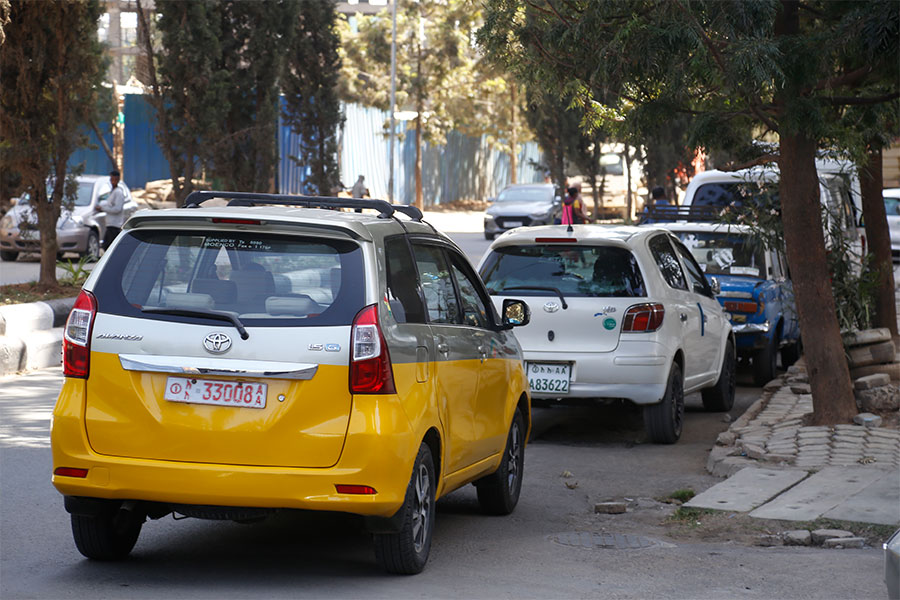
Featured | Mar 26,2022
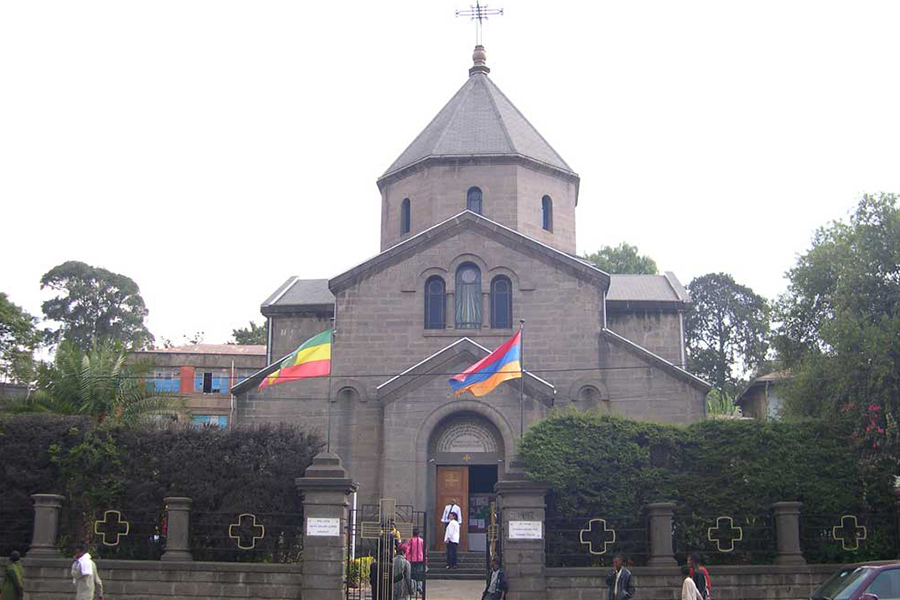
View From Arada | Apr 26,2025

Fortune News | Sep 08,2024

Viewpoints | Oct 08,2022
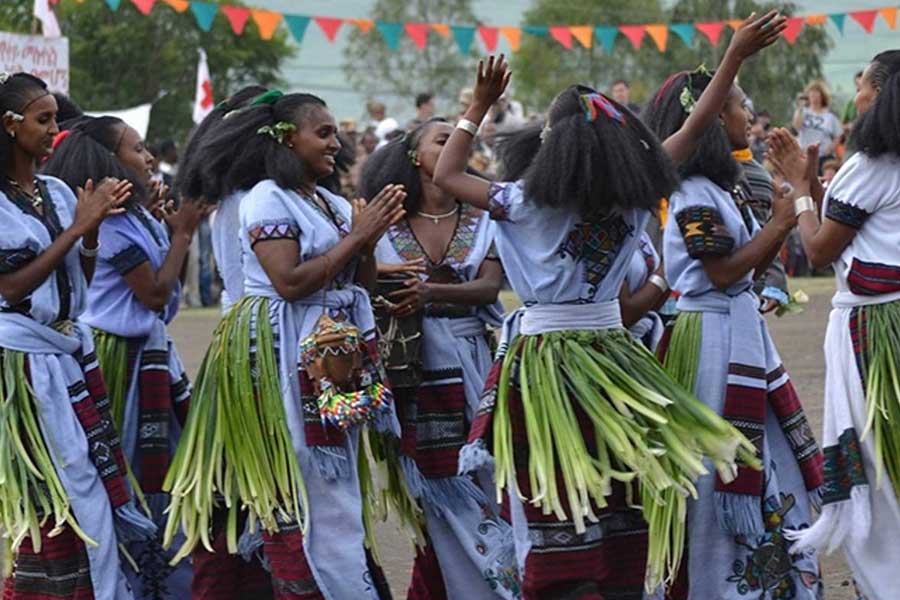
Fortune News | Mar 05,2022

Radar | Sep 11,2020
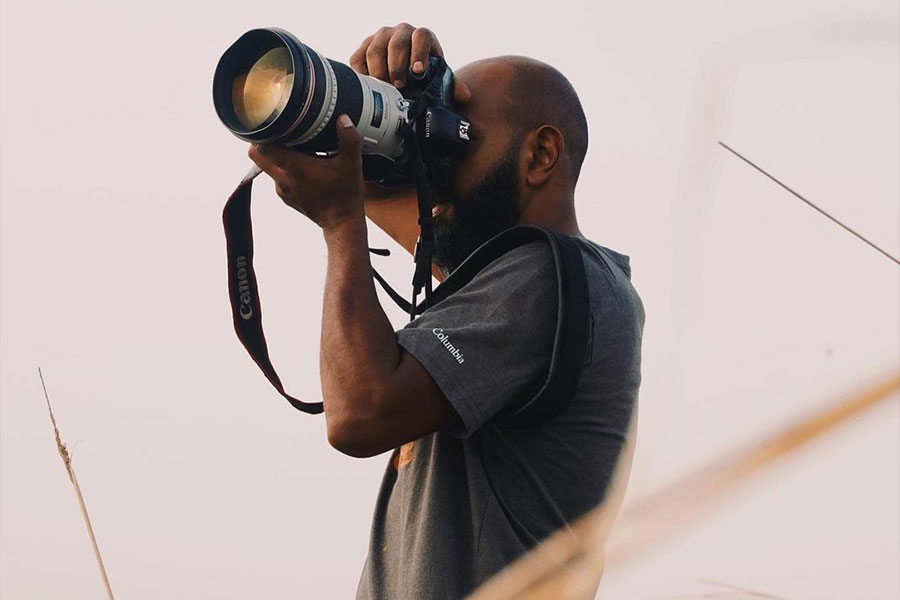
Exclusive Interviews | Sep 10,2023

Dec 22 , 2024 . By TIZITA SHEWAFERAW
Charged with transforming colossal state-owned enterprises into modern and competitiv...

Aug 18 , 2024 . By AKSAH ITALO
Although predictable Yonas Zerihun's job in the ride-hailing service is not immune to...

Jul 28 , 2024 . By TIZITA SHEWAFERAW
Unhabitual, perhaps too many, Samuel Gebreyohannes, 38, used to occasionally enjoy a couple of beers at breakfast. However, he recently swit...

Jul 13 , 2024 . By AKSAH ITALO
Investors who rely on tractors, trucks, and field vehicles for commuting, transporting commodities, and f...

Oct 25 , 2025
The regulatory machinery is on overdrive. In only two years, no fewer than 35 new pro...

Oct 18 , 2025
The political establishment, notably the ruling party and its top brass, has become p...

Oct 11 , 2025
Ladislas Farago, a roving Associated Press (AP) correspondent, arrived in Ethiopia in...

Oct 4 , 2025
Eyob Tekalegn (PhD) had been in the Governor's chair for only weeks when, on Septembe...